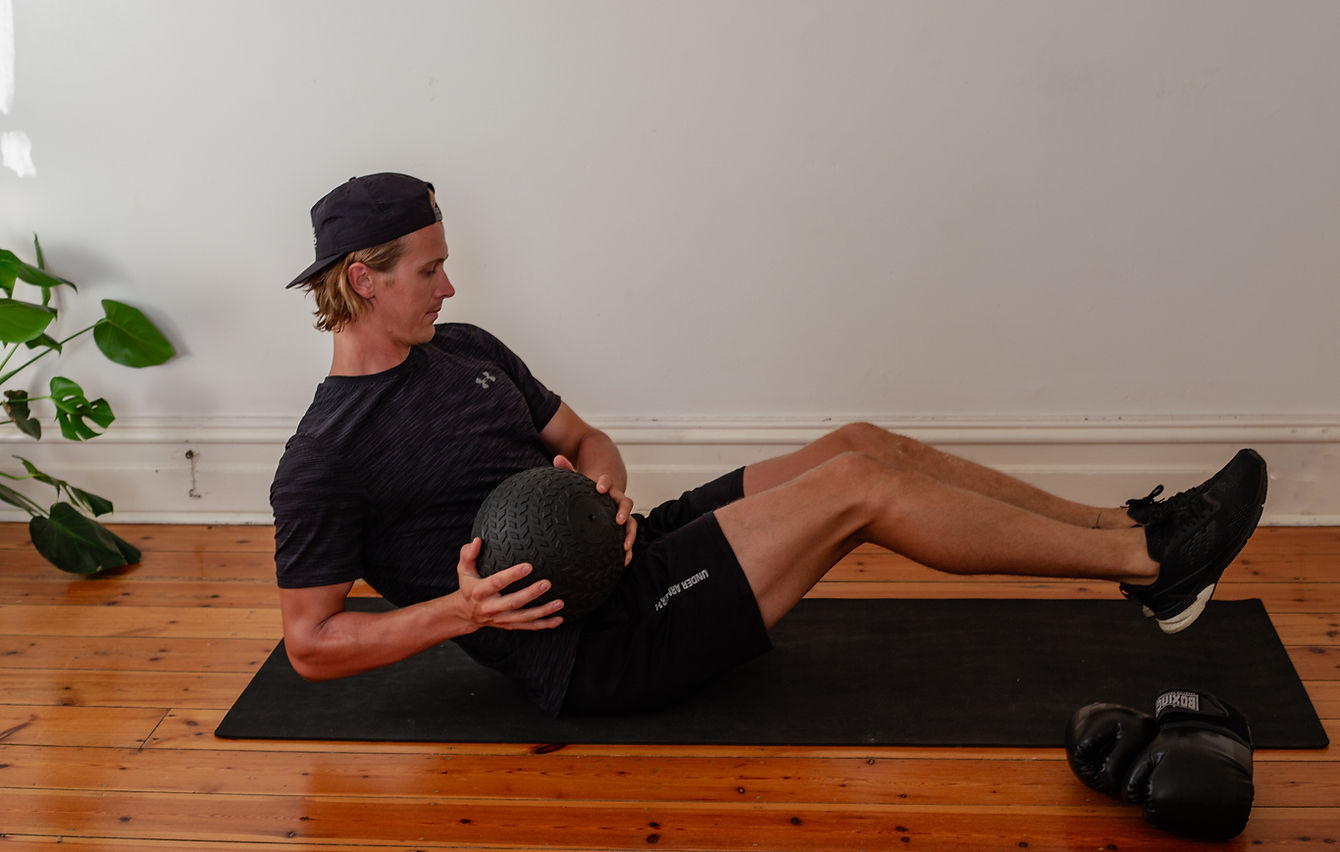Strength Training Benefits for Women During Menopause
- virginia castellano
- Jun 13
- 4 min read
Updated: Jul 12
Menopause can be a challenging time in a woman’s life, marked by hormonal changes, physical transformations, and emotional shifts. While these changes are a natural part of aging, they can lead to various health concerns. However, one effective way to mitigate some of these challenges is through strength training. In this post, we will explore the multitude of benefits strength training offers to women during menopause and provide practical tips for getting started.
Understanding Menopause and Its Challenges
Menopause usually occurs between the ages of 45 and 55, leading to a decrease in estrogen levels. This hormonal shift can result in symptoms like hot flashes, mood swings, and weight gain. Additionally, women may experience a decline in bone density and muscle mass during this time.
Research shows that after menopause, women can lose up to 20% of their bone density within the first five to seven years. This decline increases the risk of osteoporosis, a condition characterized by weak and fragile bones.

As a result, taking proactive steps towards maintaining health during this transitional period is essential. Fortunately, strength training provides a powerful tool for women aiming to combat these negative effects.
The Benefits of Strength Training During Menopause
Improved Bone Density
One of the most significant benefits of strength training is its ability to improve bone density. Engaging in weight-bearing exercises helps stimulate bone growth and reduce the risk of osteoporosis. According to the National Osteoporosis Foundation, resistance training can increase bone mineral density, making bones stronger and less prone to fractures.
Additionally, studies suggest that women who incorporate resistance training into their routine have greater bone density compared to those who do not. Exercises such as squats, deadlifts, and lunges are particularly effective for promoting bone health.

Muscle Mass Retention
Hormonal changes during menopause often lead to a loss of muscle mass, also known as sarcopenia. Strength training can help women maintain and even build muscle mass during this time.
A study published in the Journal of Applied Physiology found that resistance training can increase muscle size and strength in postmenopausal women. Building muscle not only enhances physical appearance but also boosts metabolism, helping to combat undesired weight gain.
Hormonal Balance
Strength training positively affects hormonal balance. Regular exercise can help regulate hormones such as insulin, cortisol, and even estrogen levels. By promoting better hormonal balance, strength training can alleviate some of the common symptoms associated with menopause, like weight gain and mood swings.
Furthermore, engaging in regular physical activity helps reduce stress, leading to lower cortisol levels in the body. This can significantly impact overall emotional well-being.

Enhanced Overall Well-Being
Aside from the physical benefits, strength training also promotes mental and emotional well-being. Exercise stimulates the release of endorphins, the feel-good hormones, enhancing mood and reducing anxiety.
Women who engage in strength training often report improved self-esteem and body image. This is crucial during the menopausal transition. Additionally, setting and achieving fitness goals fosters a sense of accomplishment and empowerment.
Getting Started with Strength Training
Assess Your Needs
Every woman's experience of menopause is unique. It’s essential to tailor your strength training routine to your individual needs. Consider consulting a healthcare professional or a certified personal trainer who specializes in women’s fitness, particularly those familiar with menopausal concerns.
Choose the Right Exercises
Start with a mix of exercises that target all major muscle groups. Here are some effective strength training exercises:
Squats: Great for legs and glutes.
Deadlifts: Focuses on posterior chain muscles, beneficial for posture.
Push-ups: Targets chest, shoulders, and triceps for upper body strength.
Rows: Strengthens the back and improves posture.
Planks: Engages the core while enhancing stability.
Start Slowly and Progress Gradually
If you are new to strength training, begin with light weights or bodyweight exercises. Focus on mastering your form before increasing the load. Aim for 2-3 strength training sessions per week, allowing adequate recovery time in between.
Listen to Your Body
Pay attention to how your body feels during and after workouts. If you experience pain or discomfort, adjust your routine or seek professional guidance. Prioritizing safety and well-being is essential throughout your fitness journey.
Celebrate Your Progress
As you embark on your strength training journey, celebrate your achievements, no matter how small. Each workout completed is a step toward better health and greater confidence. Tracking your progress can also help keep you motivated and focused on your goals.
Community and Support
Engaging in strength training within a community can amplify its benefits. Joining a class or finding a training partner creates accountability and support. Many gyms offer programs specifically designed for women, providing a comfortable and encouraging environment.
Additionally, online fitness communities can offer tips, encouragement, and shared experiences. Connecting with others who understand the challenges of menopause can lead to lasting friendships and motivation to stay active.
The Importance of Nutrition
While strength training is vital, combining it with a balanced diet is equally important during menopause. Focus on consuming a diet rich in calcium and vitamin D to support bone health. Include lean proteins to aid muscle recovery and healthy fats for hormonal balance.
Consider consulting a registered dietitian to help tailor a nutritional plan that complements your strength training routine, ensuring comprehensive well-being during this phase of life.
Conclusion: Embrace Your Strength
Strength training can significantly enhance the quality of life for women going through menopause. It offers an array of benefits, from improved bone density to enhanced emotional well-being. Armed with the right knowledge, women can take control of this transition, embracing their strength and vitality.
Whether you're just starting or looking to get back into a fitness routine, remember that small changes can lead to significant impacts. You are not alone on this journey, and with the right support, you can thrive during menopause.
Incorporating strength training into your daily routine can be an empowering choice, providing tools to tackle the challenges of menopause head-on.
Taking the first step may be daunting, but as you persist and adapt, you’ll discover a stronger, more confident version of yourself ready to embrace the next chapter of life.
---wix---







Comments